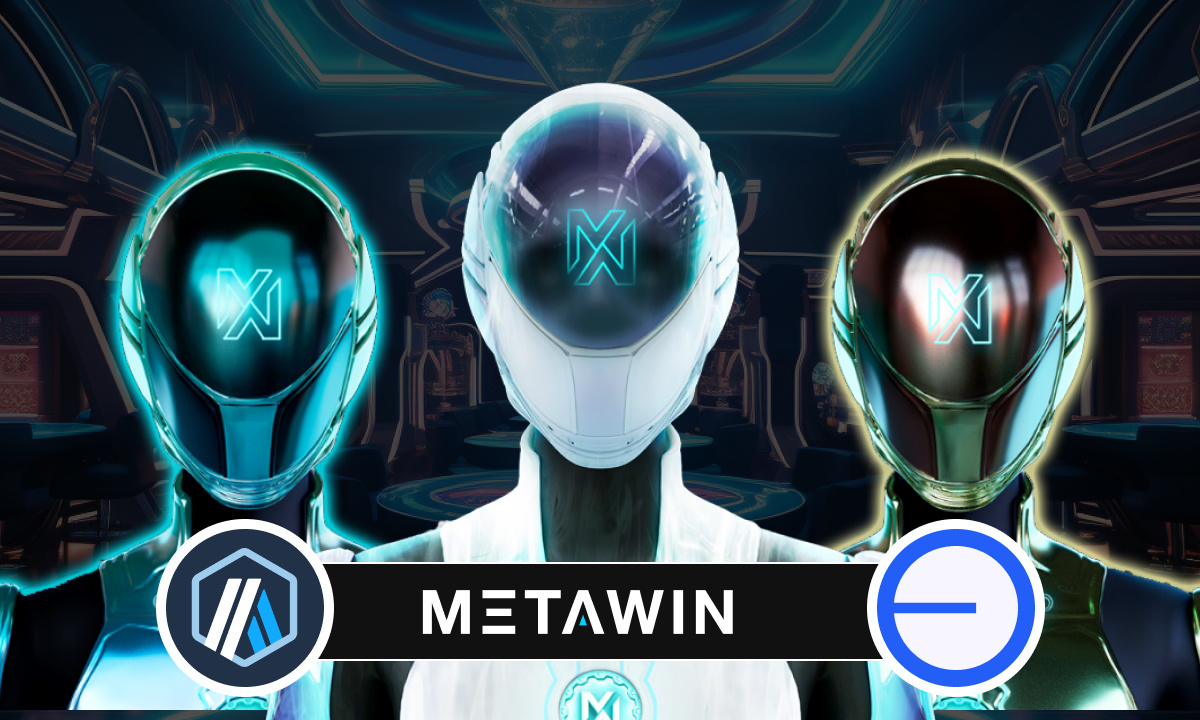Bitfinex’s LEO Token Posts Lacklustre Performance, $2 million of QUBE Sold in Record Time


In the highly volatile crypto market, the performances of various cryptocurrencies can often have a significant impact on the broader landscape. A key illustration of this scenario is the recent development involving Bitfinex’s LEO token and the burgeoning rise of QUBE, InQubeta’s native asset. While LEO’s lukewarm performance has raised eyebrows in the crypto community, QUBE has not just attracted attention but has also achieved remarkable sales figures.

InQubeta: A Force to Reckon With
In the heart of this narrative lies InQubeta, a unique platform that enables fractional investment in AI start-ups through its native QUBE tokens. Unlike traditional investment platforms, InQubeta seeks to democratize the investment ecosystem, allowing all levels of investors to participate in AI start-up projects.
This exciting new concept has resonated with the crypto community, as evidenced by the fact that QUBE tokens worth $2 million have been sold in record time during the presale. QUBE’s deflationary mechanism, where a percentage of the buy and sell tax is redistributed among token holders and another portion is burned, adds to its attractiveness as a lucrative investment proposition.
This not only highlights the potential of QUBE tokens but also underscores the faith of the investing community in the prospects of AI start-ups. And with an audited smart contract by Hacken, and a completed KYC procedure by Block Audit, InQubeta has ensured a strong confidence among its investors.
The project is not resting on its laurels, however.
With a roadmap that includes the launch of an NFT marketplace, the platform is preparing to evolve and offer a diverse investment ecosystem to its community. InQubeta is also aiming to become multichain by Q1 of 2024, which will enhance its capabilities and increase accessibility for its supporters.
Bitfinex’s LEO Token: Falling Short of Expectations
On the other end of the spectrum, Bitfinex’s LEO token has been displaying a lackluster performance. LEO, an internal coin of Bitfinex, was launched to aid the exchange during a crisis when some of its funds were seized by the state. The LEO token, which raised $1 billion as part of its initial exchange offering (IEO), offered users a way to save on exchange trading commissions.
Despite its usefulness to traders, LEO has not quite hit the mark with its performance. This is perhaps an indication that traders are seeking more than just discounts on transaction fees.
InQubeta’s QUBE tokens seem to offer that ‘more’— a purpose and a vision beyond mere financial returns, in a secure and transparent manner. This might be the secret behind QUBE’s soaring success even in its presale stage, despite the unimpressive performance of established tokens like LEO.
In the ever-evolving landscape of cryptocurrencies, both the underperformance of Bitfinex’s LEO and the success of InQubeta’s QUBE serve as important reminders. They signify the importance of innovation, security, transparency, and value proposition for success in the crypto world. As we move forward, these lessons will continue to shape the course of the cryptocurrency market and its stakeholders.
Disclaimer
In line with the Trust Project guidelines, please note that the information provided on this page is not intended to be and should not be interpreted as legal, tax, investment, financial, or any other form of advice. It is important to only invest what you can afford to lose and to seek independent financial advice if you have any doubts. For further information, we suggest referring to the terms and conditions as well as the help and support pages provided by the issuer or advertiser. MetaversePost is committed to accurate, unbiased reporting, but market conditions are subject to change without notice.
About The Author
Gregory, a digital nomad hailing from Poland, is not only a financial analyst but also a valuable contributor to various online magazines. With a wealth of experience in the financial industry, his insights and expertise have earned him recognition in numerous publications. Utilising his spare time effectively, Gregory is currently dedicated to writing a book about cryptocurrency and blockchain.
More articles

Gregory, a digital nomad hailing from Poland, is not only a financial analyst but also a valuable contributor to various online magazines. With a wealth of experience in the financial industry, his insights and expertise have earned him recognition in numerous publications. Utilising his spare time effectively, Gregory is currently dedicated to writing a book about cryptocurrency and blockchain.






















































